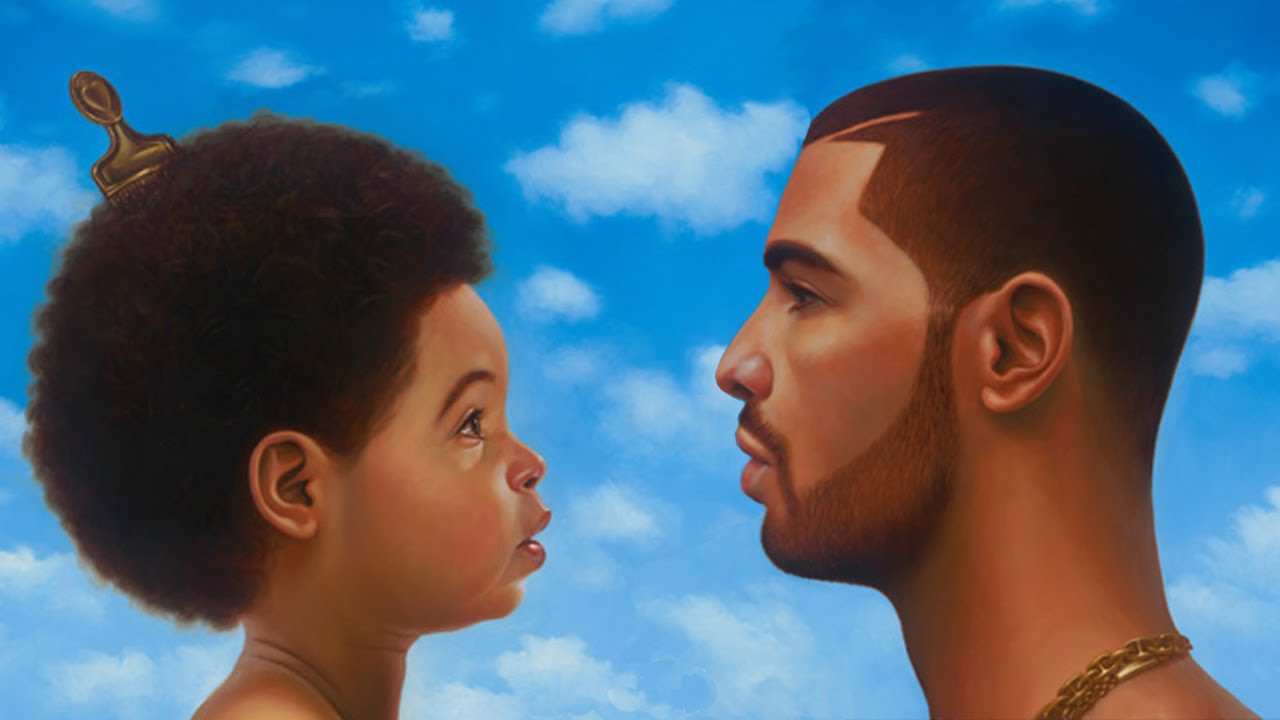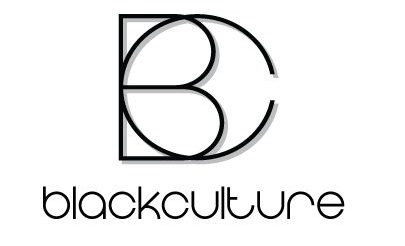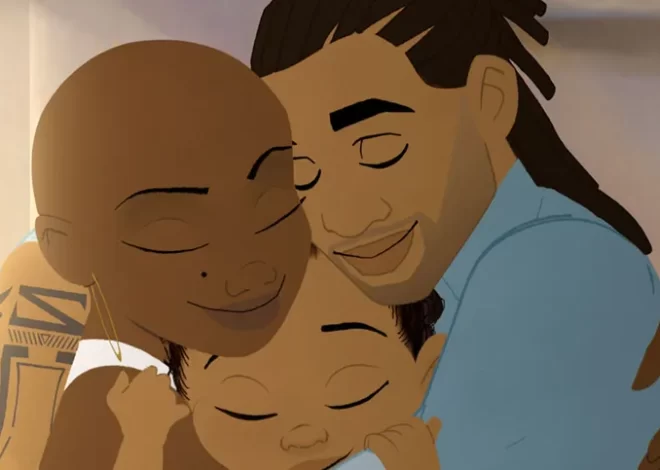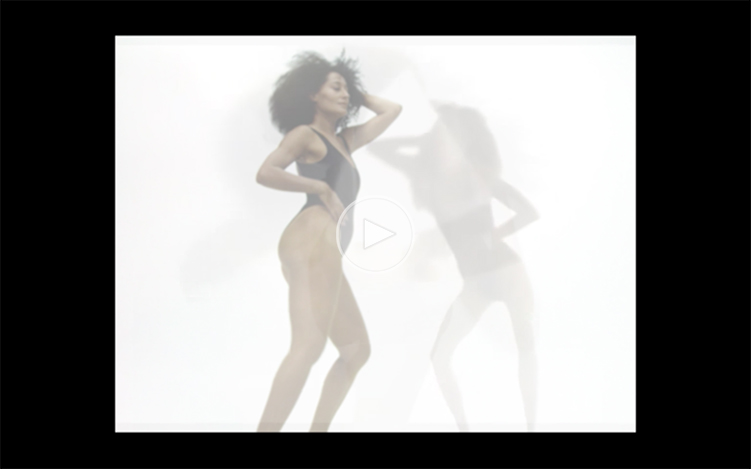
Drake is Postmodern Rap
Postmodernism is a term to describe the time period following or emerging from the modern era. Postmodernism turned modernity on its head. If modernism believes we can know reality, postmodernism believes that we are confused with illusions, images and images of images. If modernism saw a turn towards stylistic purity, postmodernism made a drastic break for stylistic eclecticism.
Postmodern rap can be described as rap music produced in the postmodern era or rap music that follows the aesthetical, intellectual and philosophical trend of postmodernism. What Drake has done, arguably more than any other contemporary rapper, is fuse the different postmodern aesthetics into a musical body of work. He breaks away from certain hip-hop traditions and standards and continues on the experimentation of rappers of the past and normalizes them.
Traditional rap tracks are structured in an “AB” song form or “Verse/Chorus” song form. Another less commonly used structure is the “ABC” song form or “Verse/Chorus/Bridge”. On almost every contemporary rap album, the verses are usually a 16 bar form. In NWTS we see more ABC structures, as will as the uses of refrains and a break from the traditional 16 bar form. On “Worst Behavior” Drake ominously repeats “motherfuckers never loved us” over jarring drum beats. The sparsely written first two verses stand in stark contrast to the traditional flows of the third verse. On “From Time” Drake constructs his two verses in an unconventional 24 bar form. While on “Started from the Bottom”, the verses are 8 bar form and concludes with a bridge after the chorus. The sometimes monotonous structure of the traditional rap song is broken by Drake and much welcomed by our ears.
More so than any other contemporary rapper, Drake mixes R&B, pop and rap by singing on tracks. While he sings throughout the album on choruses, bridges and sparingly in verses, he devotes “Hold On, We’re Going Home” to his talents. The retro pop sound is unconventional for most rap albums but within the context and theme of NWTS, fits.
Postmodern work is sometimes characterized by its referencing or evocation of other lyrics. On NWTS Drake references some of his own work on the song “Tuscan Leather.” He raps, “Bench players talkin’ like starters, I hate it/Started from the bottom, now we here, nigga, we made it.” Later on the same track he makes a not so subtle allusion to his hit “The Motto”, “That’s just me on my solo like fuck it, YOLO.” And tries to explain the intention of a acronym and phrase that has become embedded in popular culture. He says, “Wanted to tell you, “Accept yourself” / You don’t have to prove shit to no one except yourself.”
On the same track, Drake begins a reoccurring theme in NWTS of referencing hip hop icons whether through sampling or quoting famous lines. Quoting Prodigy’s “Keep it Thoro” he rhymes, “Heavy airplay all day with no chorus/ We keep it thorough, nigga, rap like this for all of my borough niggas.” On “Worst Behavior” he rehashes Mase’s verse on “Mo’ Money Mo’ Problems” by rapping,”Who’s hot, who not/ tell me who rock, who sell out in stores/ you tell me who flop, who copped the new drop/ whose jewels got rocks, who else making rap albums/ doing numbers like its Pac? same old pimp.” The relevance of the quote is based on thematic similarities between the two songs on the subject of the problems of becoming rich and famous.
More than other hip hop icon, the spirit of the Wu-Tang Clan is invoked throughout NWTS. The slow melodic beat of “Pound Cake” is interpolated with the hook from classic song “C.R.E.A.M.” Drake gives a head nod to the infamous supergroup by naming a track “Wu-Tang Forever.” He begins the first verse by the same way Raekwon did from “Its Yourz” by rhyming, “Machine gun rap for all my niggas in the back/ stadium packed” while putting his on stamp by adding, “just glad to see the city on the map”.
The track is littered with a sample from “Its Yourz”, which producer Rza gave to Drake for free of charge.
“That’s what we meant when we said Wu-Tang is forever,” he says. “We didn’t think we were going to live forever. We meant that the energy of what we do would spread on in culture, generation by generation. And by Drake absorbing it and having that influence in his life and having it be a part of him, it proves what I’m saying. And I’m really proud that he chose that rap.” -Rza
The allusions, quotations and pastiche doesn’t stop there. The track “Own It” continues the interpolation of “Its Yourz” into the track. Throughout the song Drake rhymes “own it” with the vocal sample echoing “its yours”, in a sort of call and response between the rapper and beat.
Is Drake the first rapper to challenge the image of the stereotypical hip hop artist? No. Is he the first to rap songs with unconventional formats or the first to sing on a hiphop album? No. But he is one of the leading and most influential rappers to merge the aesthetics and characteristics of postmodernist music into an album. The rapper’s body of work is changing how we view, think and label rap music. That’s a sign of him ushering rap into the postmodern.




